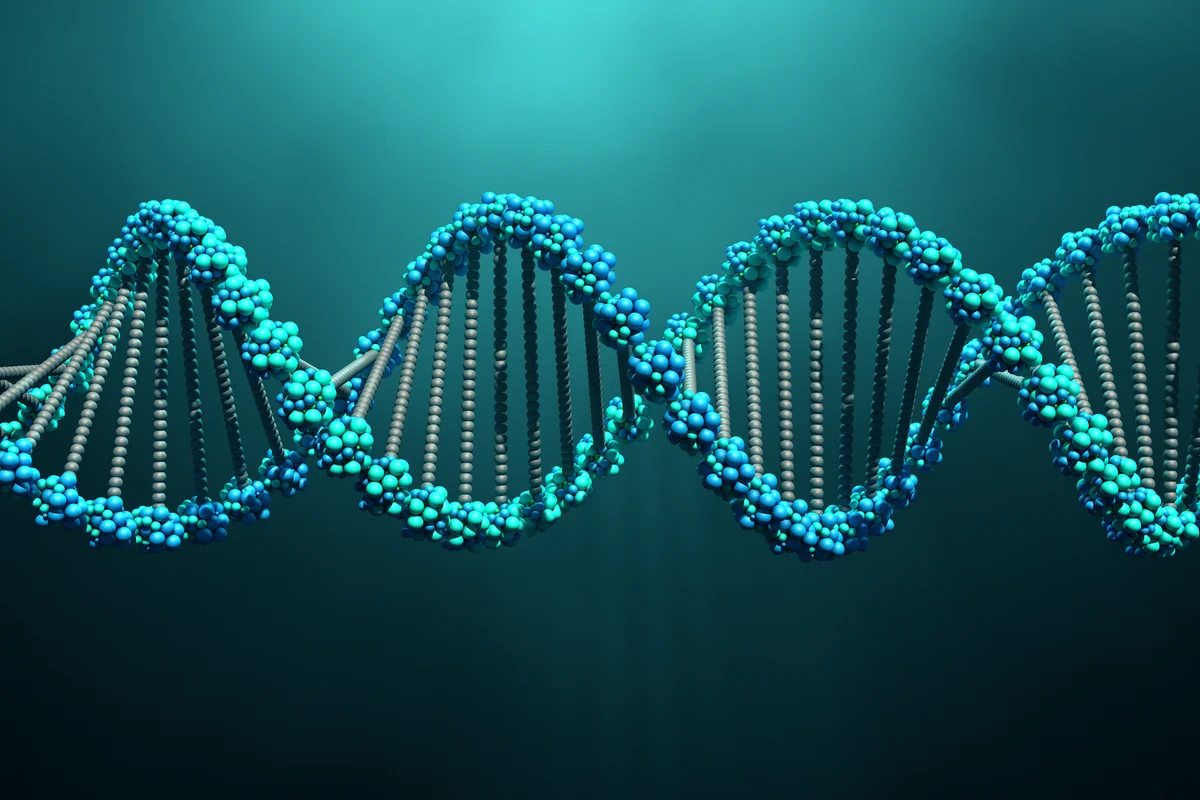newtownrrt.org – Cancer, a complex group of diseases characterized by uncontrolled cell growth, has long been a subject of intense research. One of the most critical areas of study is the genetics of cancer, which focuses on understanding how changes in our DNA contribute to the development and progression of the disease. Unraveling the role of DNA in cancer has not only advanced our understanding of the biological mechanisms behind the disease but has also paved the way for more targeted and effective treatments.
The DNA Blueprint:
Deoxyribonucleic acid, or DNA, is the hereditary material in humans and almost all other organisms. It contains the instructions for building the proteins that are essential for our bodies to function. In the context of cancer, DNA mutations—changes to the structure of a gene—can disrupt the normal processes that regulate cell division, allowing cells to grow and divide uncontrollably, leading to the formation of tumors.
Types of Genetic Mutations:
There are several types of genetic mutations that can contribute to cancer. These include:
- Oncogenes: These are genes that promote cell division and survival. Mutations in oncogenes can lead to their overactivity, driving the cell to divide more frequently than it should.
- Tumor Suppressor Genes: These genes typically inhibit cell division and survival or promote DNA repair. Mutations that inactivate these genes can remove the brakes on cell growth, allowing cancer to develop.
- DNA Repair Genes: These genes are responsible for fixing errors in DNA. Mutations in these genes can lead to an accumulation of mutations in other genes, including oncogenes and tumor suppressor genes, increasing the risk of cancer.
Inherited Genetic Mutations:
Some genetic mutations that increase the risk of cancer can be inherited from parents. These inherited mutations are present in all cells of the body and can significantly increase the risk of developing certain types of cancer. Examples include the BRCA1 and BRCA2 mutations, which are associated with an increased risk of breast and ovarian cancer.
Somatic Mutations:
In contrast to inherited mutations, somatic mutations occur in specific cells of the body and are not passed on to offspring. These mutations can be acquired during a person’s lifetime due to environmental factors such as smoking, radiation, or exposure to certain chemicals. Somatic mutations are often the result of errors that occur during DNA replication as cells divide.
The Role of Epigenetics:
In addition to DNA mutations, epigenetic changes—chemical modifications of DNA that can turn genes on or off without altering the DNA sequence itself—also play a significant role in cancer. These changes can be influenced by lifestyle factors and can affect how cells read the DNA, leading to abnormal cell growth and cancer.
Advancements in Cancer Genetics:
The field of cancer genetics has led to significant advancements in cancer diagnosis, treatment, and prevention. Techniques such as gene sequencing have allowed researchers to identify specific mutations associated with various types of cancer, leading to the development of targeted therapies that can specifically attack cancer cells while sparing normal cells.
Conclusion:
The genetics of cancer is a complex and evolving field that continues to provide insights into the molecular basis of the disease. By unraveling the role of DNA in cancer, scientists are not only enhancing our understanding of the disease but also opening up new avenues for treatment and prevention. As research progresses, the hope is that this knowledge will lead to more personalized and effective cancer therapies, ultimately improving patient outcomes and survival rates.
